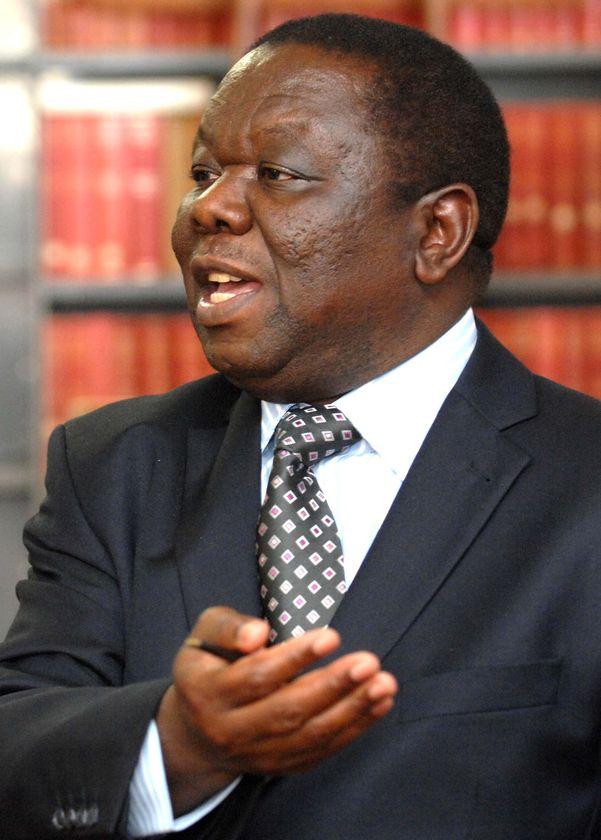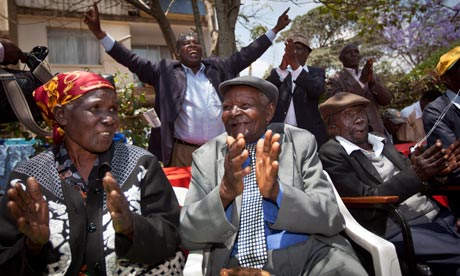Former Guinean President and Criminal Dadis Camara is acclaimed at the airport
After being notified of his mother’s death,
Cmdr. Dadis Camara returned to his home country Guinea after three years of
exile. On Saturday, 13 April, Dadis returned to his hometown Nzérékoré to take
part in his mother’s funeral. The authorities of the country tried to make sure
he did not pass through Conakry, the capital. Furthermore, he was expected to
return to Burkina Faso ,where he stayed in exile, after the funerals.
Before exile, Dadis Camara was the head of
the Junta in Guinea. He ruled the country for a short period of time after
overthrowing the previous regime. He is known for having given orders that led
to the killing of more than 150 people and the rape of a number of women during
manifestations on September 28 2009. He was later betrayed by his right hand
who attempted to kill him. The Junta was overthrown and Dadis was then deported
for treatment.
Upon arrival in Guinea, Cmdr. Camara was
applauded and praised by the population from the airport to his village Koulé.
He was escorted by a huge number of supporters. His short sojourn in his home
country has been the proof of the considerable support Cmdr. Dadis Camara still
has in Guinea despite the controversy around his personality.
Random Mouhammad Thoughts:
I am shocked by the ignorance and division of the Guinean population. I cannot comprehend the fact that such a man who was the perpetrator of so many killings and encouraged the rape of so many women can be praised by some individuals. This is speaks to me how far behind the Guinean population is in terms of democracy, human right violations, freedom of choice, etc. I agree that individuals should have the freedom to choose which political figure they want to align with. However, I also think that a crime is a crime no matter who the perpetrator is and he should be punished for it and not praised.
I am shocked by the ignorance and division of the Guinean population. I cannot comprehend the fact that such a man who was the perpetrator of so many killings and encouraged the rape of so many women can be praised by some individuals. This is speaks to me how far behind the Guinean population is in terms of democracy, human right violations, freedom of choice, etc. I agree that individuals should have the freedom to choose which political figure they want to align with. However, I also think that a crime is a crime no matter who the perpetrator is and he should be punished for it and not praised.




















